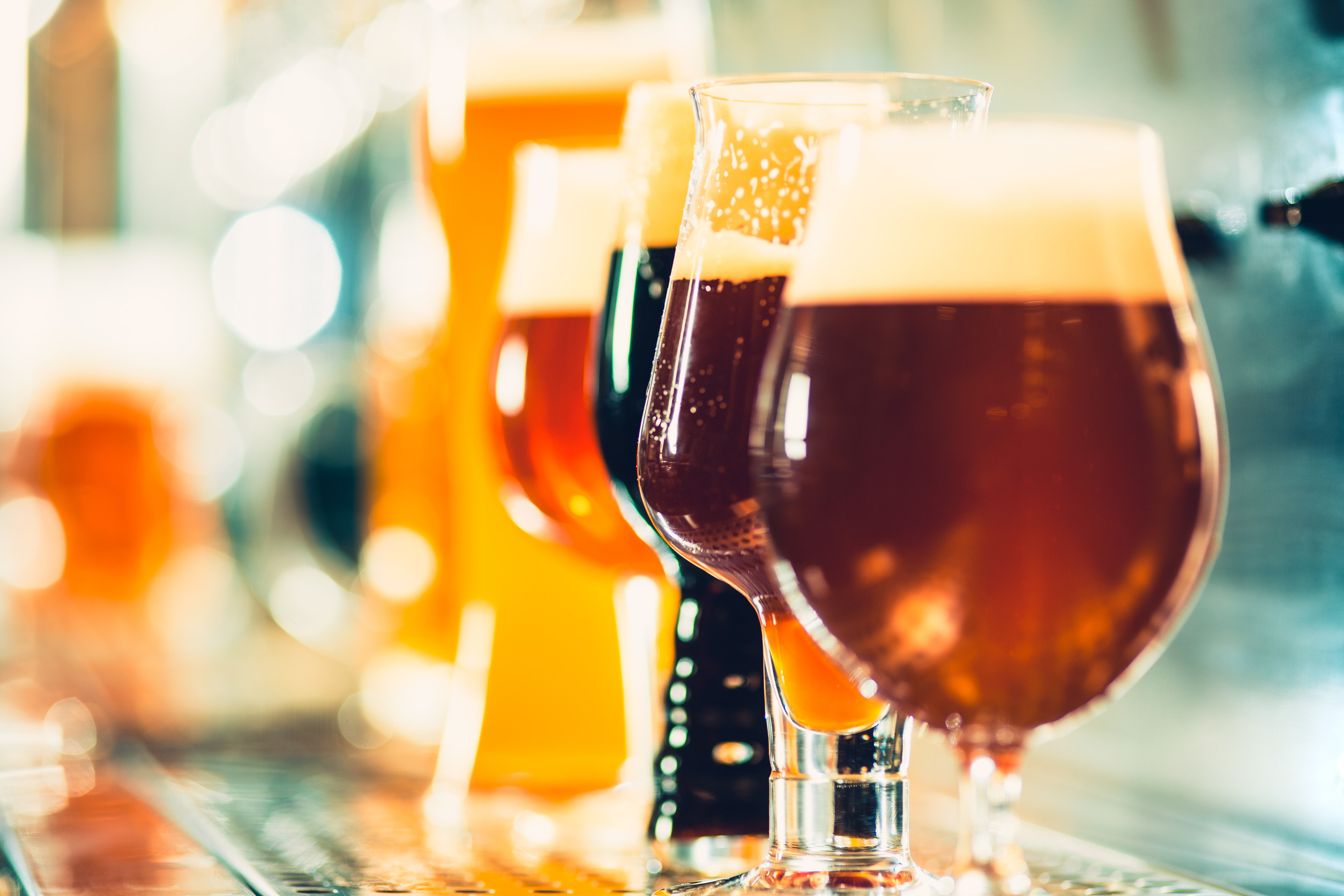
That six-pack sitting in the back of your fridge might look fine, but the expiration date on the label says otherwise. Many beer drinkers have found themselves wondering—what actually happens if you drink beer past its expiration date? Will it make you sick, or will it just taste bad? Beer, like many beverages, has a shelf life, and while it doesn’t spoil in the same way milk does, its quality changes over time. Before you crack open that past-its-prime bottle, here are six things you need to know about the safety, taste, and effects of expired beer.
1. The Flavor Starts to Break Down
Beer is brewed with ingredients like hops, malt, and yeast, all of which contribute to its unique flavor profile. Over time, these components degrade, especially when the beer is stored in warm or bright conditions. Drinking expired beer may result in a flat, stale taste, with notes sometimes described as cardboard-like or skunky. While this isn’t harmful, it can ruin the experience, especially for beers with complex flavors like IPAs. If you care about taste, the expiration date is more of a “best by” guide than a strict safety warning.
2. Carbonation Can Diminish
One of the first signs of beer past its expiration date is a noticeable loss of carbonation. The fizz that gives beer its refreshing bite fades over time, making the drink taste flat. This happens because the carbon dioxide that was trapped in the beer during bottling or canning slowly escapes. Even if the beer is technically safe to drink, the lack of bubbles changes the mouthfeel and makes it less enjoyable. Flat beer might still work for cooking, but as a drink, it’s far from satisfying.
3. Alcohol Content Remains Largely Unchanged
Unlike perishable foods, beer’s alcohol content does not significantly decrease after the expiration date. This means it won’t “go bad” in a way that makes it suddenly unsafe for consumption due to bacterial growth. Alcohol naturally inhibits most harmful microorganisms, which is why beer remains safe to drink long after it’s brewed. However, while the alcohol stays stable, the flavor compounds and aroma can still degrade. This is why an expired beer might taste off, even if it’s not unsafe.
4. Risk of Off-Flavors from Oxidation
When beer is stored for too long, oxygen can slowly seep in through the cap or can seam, even if it’s sealed. This process, called oxidation, alters the beer’s chemistry and can create unpleasant flavors. Light beers often develop a papery or wet cardboard taste, while darker beers can take on sherry-like notes. While oxidation doesn’t make beer unsafe, it does signal that the beer is well past its peak. Keeping beer stored in a cool, dark place can slow this process, extending its drinkable window.
5. Bottled Beer May Show Visible Changes
If you’ve ever opened an old bottle of beer and noticed sediment at the bottom, you’ve seen another sign of aging. This sediment is often leftover yeast or proteins that have settled out over time. While harmless, it can make the beer appear cloudy and change the texture slightly. In some cases, especially with unfiltered or craft beers, sediment is normal and not a sign of spoilage. However, if the color has shifted dramatically or the smell is unpleasant, it’s best to skip drinking it.
6. Canned Beer Holds Up Better Than Bottled Beer
If you have both bottles and cans of beer sitting past their expiration dates, the cans are likely in better condition. Cans block out light completely and are sealed more tightly, which helps protect flavor. Bottles, especially clear or green ones, allow more light exposure, which can speed up flavor degradation. Light exposure can cause a chemical reaction in hops that creates a “skunky” smell, common in certain imported beers. For the best chance of drinkability after expiration, go for the cans first.
Safety vs. Quality: The Real Concern with Expired Beer
The good news is that drinking expired beer is rarely a safety risk—the main issue is quality. In most cases, expired beer won’t make you sick unless it’s been contaminated after opening. The real downside is that the flavor, aroma, and carbonation will have declined, making it less enjoyable to drink. If the beer smells sour, has a strange taste, or looks noticeably different, it’s best to err on the side of caution and pour it out. When in doubt, trust your senses over the printed date.
When to Keep It and When to Pour It Out
Beer past its expiration date isn’t automatically a lost cause. If it’s been stored properly in a cool, dark place and still smells and tastes fine, it’s generally safe to drink. However, for the best flavor experience, most beers should be consumed within a few months of their “best by” date—especially lighter styles. Stronger beers, like stouts or barleywines, often age well and can even develop new flavors over time. The key is knowing the difference between beer that’s just aged and beer that’s truly gone bad.
What to Read Next…
- 7 Baby Items That Are No Longer Considered Safe for Use
- 8 Expiration Dates Grocers Have Been Known to Reset
- Why Do Some Canned Goods Have No Expiration Date?
The post Is It Safe? What Happens If You Drink Beer Past Its Expiration Date appeared first on Grocery Coupon Guide.







